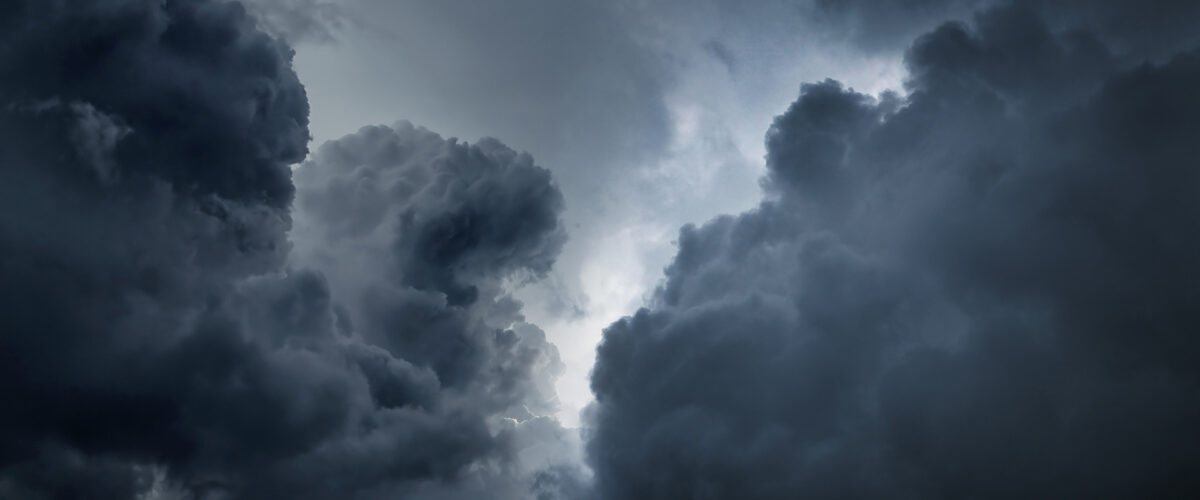Article | 24 February 2020
The Corona outbreak – cause for force majeure?

In the wake of the Corona outbreak in China, there is a lot of discussion if force majeure can be invoked. In order to limit the infection, restrictions have been imposed both by authorities and with voluntary commitments by companies. But what happens – and what can you do – when your entire value chain is affected by wholly or partly non-delivery of goods or services?
No legal regulation of force majeure
The starting point is the agreement you have with your counterpart. If you as a buyer or seller of goods or services cannot perform and this is due to an obstacle beyond your control, you should always review the agreement to see if there is a force majeure clause.
What constitutes force majeure depends on what you actually have agreed on. Therefore, each individual agreement must be examined to determine whether a situation such as the Corona virus constitutes force majeure.
Ash clouds, nuclear accidents and pirates
You should bear in mind that force majeure clauses are normally interpreted quite narrowly and that any examples provided in the clause should be considered more or less exhaustive.
Events that in most cases are considered to qualify as force majeure are natural disaster such as the tsunami that led to the nuclear accident in Fukoshima and the ash cloud that occurred at Eyjafjallajökull’s eruption. Example of when it has been more doubtful is the pirates in the Strait of Hormuz and the effects of trade restrictions on individuals. The pirates are not necessarily regarded as force majeure because it is a known problem and you can – at a cost – protect yourself against them. And trade sanctions imposed by the USA will not necessarily make it impossible for a Swedish company to continue fulfilling an agreement with the sanctioned party.
The meaning of force majeure
If a force majeure situation, you will be released from liability for a breach of contract, such as a delay in delivery. In order for you to rely on the force majeure clause, you are normally expected to inform your counterparty in writing about the force majeure situation and that performance cannot take place. Always start with reviewing the contract in order to determine if you can claim force majeure in the case at hand. If the answer is yes, ensure that you comply with the formal requirements in accordance with the agreement in order to be able to claim force majeure, e.g. by providing a written notification.
Force majeure claimed by your counterparties
If you have a customer or a supplier who claims force majeure against you, you should consider if and how this affects your business. If you too is unable to fulfil your contractual obligations, you should make an assessment whether you can claim force majeure in your turn as if you had been directly affected by the force majeure situation. If the agreement grants you such a right, you need to notify your other customers and suppliers promptly.
Consequences if force majeure cannot be claimed
If you have a customer or supplier who claims force majeure against you and you do not agree with such party’s interpretation of the agreement, you should notify your counterparty in writing. If you cannot agree on the matter, such a dispute may eventually be settled by the court or arbitration panel. Is it then found that force majeure did not exist, your counterparty is responsible for the breach of contract committed. The same naturally applies if you claim force majeure and the counterparty does not agree with you. It is therefore never risk-free to claim force majeure, and it should always be seen as a last resort.
Do you want to learn more on the subject or need advice?
Please contact our experts in the field.
Contact:
Practice areas:
Commercial agreements, COVID-19 | Coronaviruset


